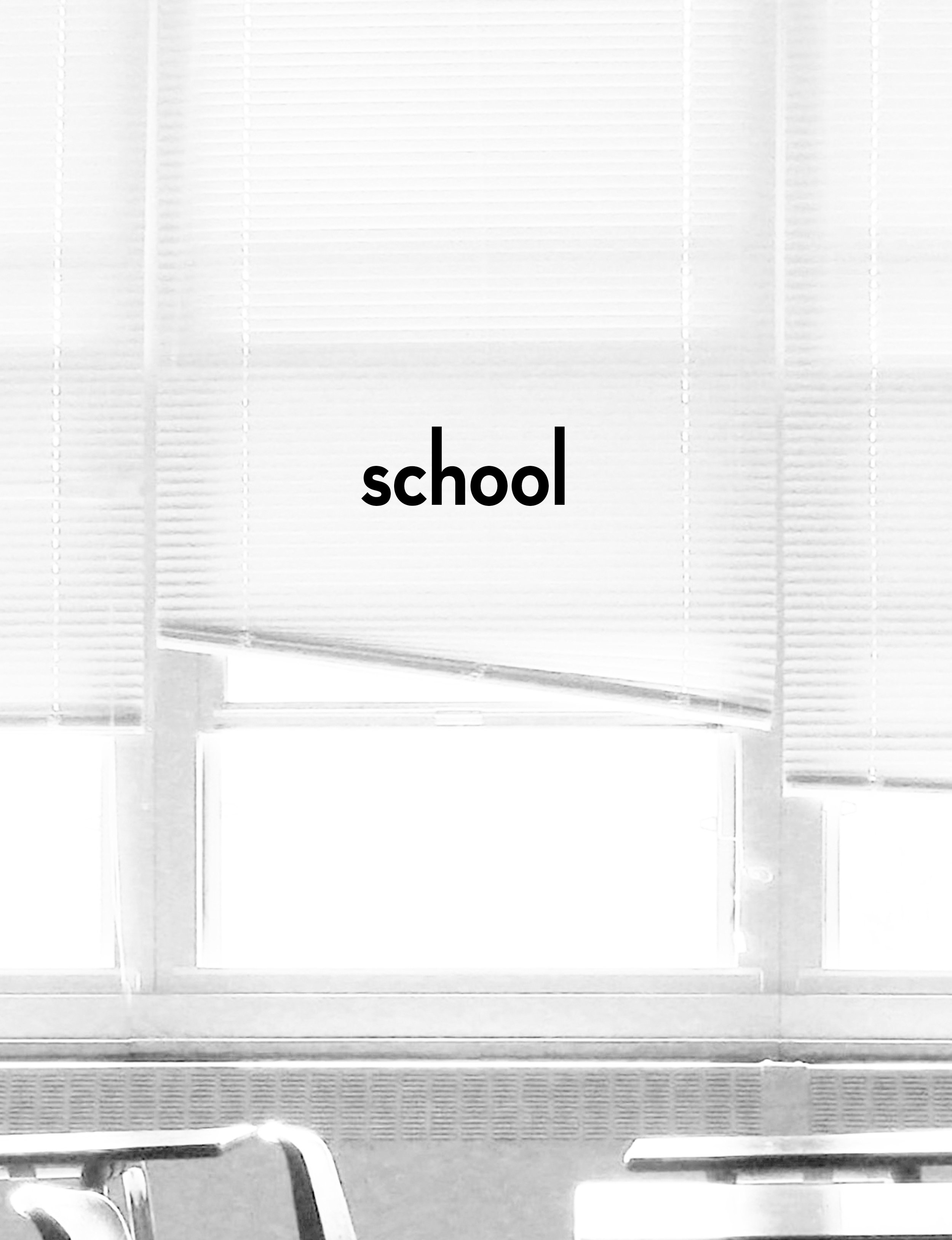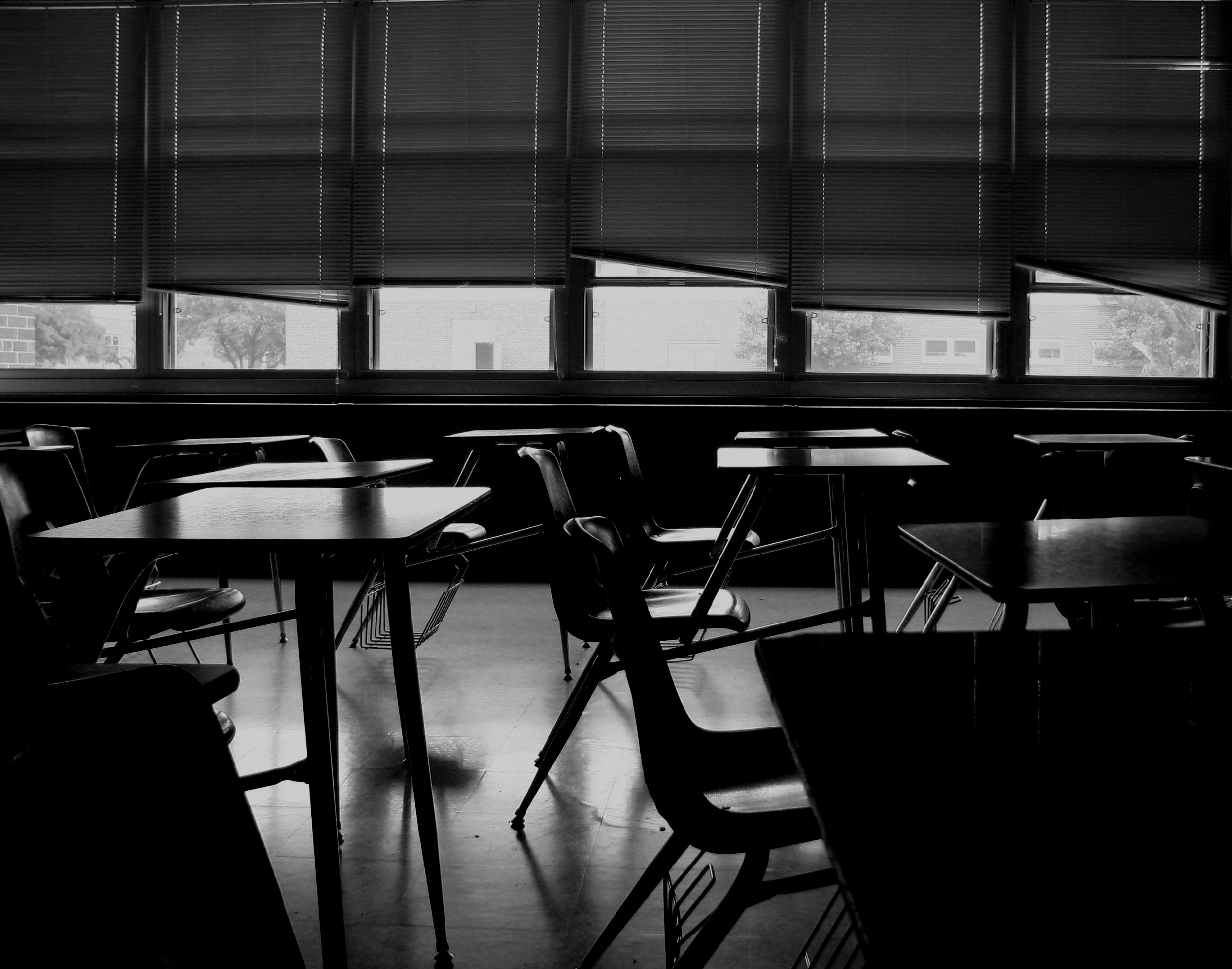
Information and instruction are everywhere.
We don't need our schools to deliver data.
We need school to make it come alive.
Problem 1
Emotional Engagement
Why do we institutionalize conformity and discourage emotion as too disruptive, the obliteration of passion the result? Studies prove emotion improves learning: shouldn’t our schools be encouraging emotional engagement?
Problem 2
Purpose and Initiative
In a 2009 PMI study, 58.2% of HR professionals considered students deficient in “Self Direction”, and 72.5% found them lacking in “Leadership”. Why are we not nurturing students armed with a sense of purpose and initiative?
Problem 3
Activism
Why do most teachers continue to believe that they are simply teaching students how to think? What if schools were designed to nurture activists instead of “passivists”? Doing, making a difference: is this not “the point”?
Problem 4
Fear
How did our fear of “falling behind” internationally come to frustrate our students’ need for fulfillment? Why STEM, not ART? Why do we yoke our kids to a technological arms race? Should our fears so shrink their options?
problem 5
Scope
Why do schools focus so much on Content and Process, and so little on Quality and Possibility? In an Age of Acceleration, shouldn't we focus on Values and Goals, and Opportunities and Constraints? Everything else is ephemeral.
PROBLEM 6
Attrition
Public schools lose almost half of starting teachers within the first five years of their career, and the resulting teacher shortage forces them to reduce standards. Could we design schools that better support teachers?
problem 7
Obsolescence
The United States in 2015 spent over $60B building old ideas about schools. Does the pivot to 21st Century learning (creativity, critical thinking, curiosity, collaboration, communication) not suggest we think about schools differently?
What is school for anymore?
Adventure. Beauty.
Community.
The new ABCs

Rethinking the experience of learning.
We think of school as classrooms and cafeterias, libraries and auditoriums, offices and locker-lined corridors. We imagine, because it was so for us, that these are the tools you need to get the job done. We forget that the culture changed after we left school. We forget that the tools and the possibilities have expanded dramatically since then. We forget that the very nature of work has changed. We forget that the exponential curve of technological advancement now guarantees that learning will be life-long and just-in-time and practically impossible to plan.
The school you knew is not the school your children need. It's time to re-invent school.
Meditation. Quest.
Leadership.
Emotional Learning Experiences.

A new lexicon of learning experiences and environments.
We promote Creativity: but where is Meditation in our schools to teach students intuition? Where are Caves and Nests to encourage concentration? Where is the focus on Magic, to set sights higher than mere competence? Where are the Workshops to offer tools and skills in making? Where are the Safaris to promote empathy? When do we champion Subversion as a path to invention?
We exalt Curiosity: but where is Adventure to confront, body and mind, the unknown? Where are the Shrines and Media Arrays and Big Maps to inspire imagination and a sense of possibility? Where are the Quests to imbue questions with epic significance? Where are the Bullfights to show how questions tackle problems?
We strive for Collaboration: but where are the Apprenticeships to honor mastery? Where is the focus on Passion, to inspire Leadership? Where are the metaphoric Sandboxes, to offer Agency? Where are the sustained Climbs to build teamwork? Where are the ambitious Projects like Gardens to demonstrate the beauty of teamwork? Where are the Games, to link learning to Joy?
We emphasize Communication: but where are lessons in Conversation to teach students how to Listen? Where is the Speaker's Corner, to teach them to speak? Where is the focus on Storytelling, and where are the Campfires, to teach the power of authenticity and the ability to create meaning? Where are the experiences poignant enough to inspire Writing worth reading?
We focus on Critical Thinking: but where is Demolition, for lessons in shattering clichés? Where is dynamic Listening, to insure understanding? Where are the small Round Table conversations to challenge preconceptions? Where are the Puzzles, to teach endurance and a growth mindset? Where is the Market of ideas and resources to promote comparison and diversity? Where are the carefully managed challenges, the Races and Duels that promote Resilience, in order to thrive on critique?
The point is not that School is devoid entirely of these rich, emotional experiences: only that these experiences are few and far between. They should be the core of the enterprise. We need a place that doesn't glue students to a chair and doesn't attach teachers to a presentation wall.
It's time to re-invent school.
The USA spends between $39.5 billion and $67 billion on school construction annually. The same outdated model is built everywhere in the world.
United States Census Bureau Public Education Finances: 2015 Table 9.
Capital Outlay and Other Expenditure of Public Elementary–Secondary School Systems by State:
Fiscal Year 2015
https://www.census.gov/content/dam/Census/library/publications/2017/econ/g15-aspef.pdf
2015 expenditures on public school construction in the USA. Source: Forbes Magazine 02/01/16
Before we waste another billion, let's re-consider school.
Let's begin by focusing on the experience of our students and teachers.

In his new book School, architect Roel Krabbendam challenges both the 20th Century focus on discipline and reproducibility, and the 21st Century focus on flexibility and sustainability, arguing instead for schools that nurture and challenge students emotionally. This is school as powerful, student-centered place. This is a lexicon for the future of school.
The wild ride of school politics, the billions spent annually on school construction, and the endless experiments with pedagogy and accountability recommend this provocation.